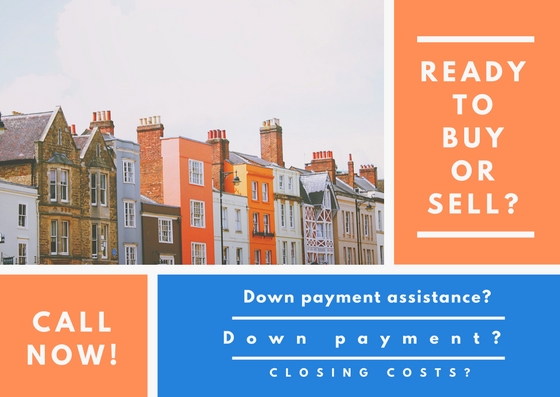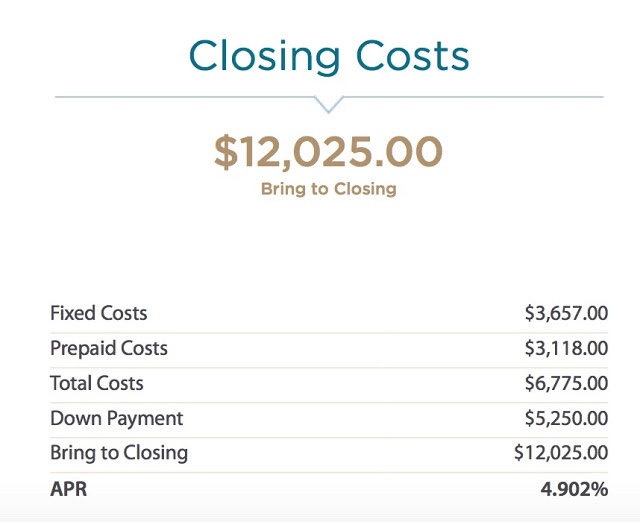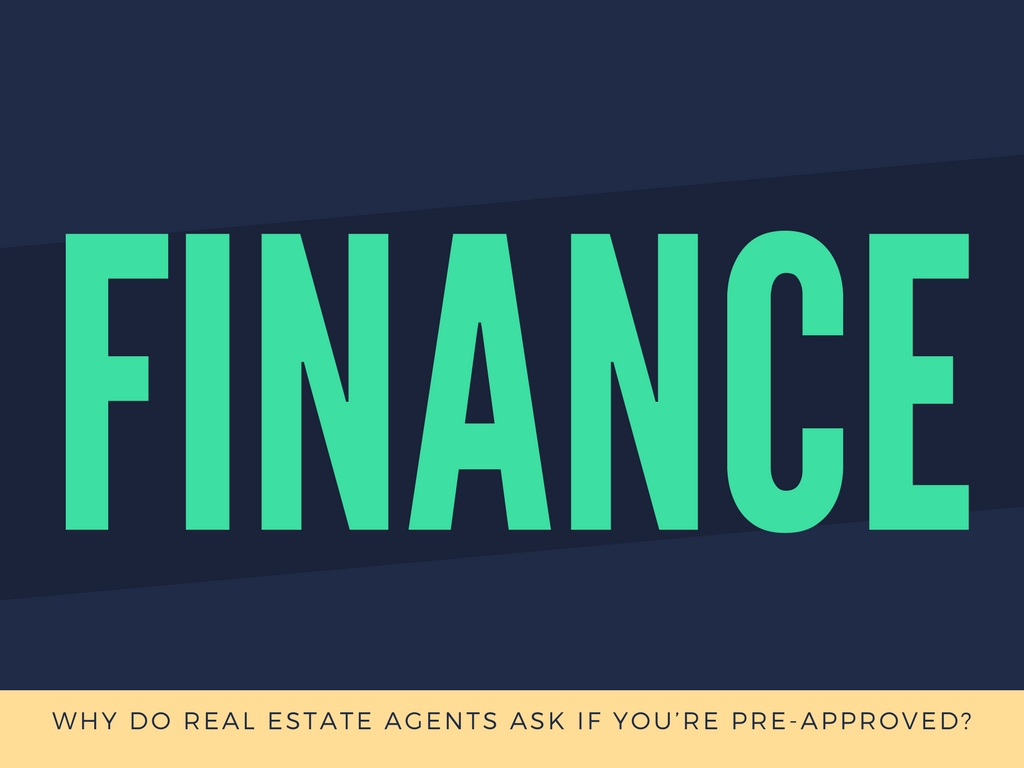
Should you work with a real estate agent who’s your friend or a family member?
This is such a common question. And it can be a touchy, awkward subject when you know a real estate agent and are planning to buy or sell a house.
Part of you probably wants to ignore the topic. Maybe hire another real estate agent, sell your house, or buy a house, and hope your friend or family member just doesn’t notice or find out.
They will. And it will be more awkward if you do that. So, you should address this head on.
It probably feels like a no-win situation as far as you’re concerned. If you don’t work with your friend or family member, feelings will be hurt, and the relationship will be affected forever. On the other hand, if you do work with them and something goes wrong…feelings will be hurt, and the relationship will be affected forever.
No, the agent shouldn’t let it affect your relationship…not because they’re supposed to be superhuman saints…but they are human and it does hurt. And not working with the agent you’re friends with, or are related to will most likely affect your relationship on some level.
Sounds miserable. And, beyond your gut feelings and concerns, there seems to be so much information on the Internet, and in conversation, that points to it making sense not to work with someone you know…
- What if the agent doesn’t do a good job? Will you feel fine firing him or her? Or just have to grin and bear it?
- What if you decide not to buy or sell, and waste their time? You would feel bad…
- What if you simply don’t want your friend or family member to “know your business” or finances…
OK, fine. All valid concerns and reasons. People use these excuses. And it can make sense for you to avoid dealing with a friend or family member…if you have solid reason not to.
But those types of reasons are easy to find elsewhere. You can feel validated and “right” by all the stuff you see online, or hear out of the mouth of some random random real estate agent who’s trying to convince you to work with him, instead of your friend or family member.
Now that we have your concerns out in the open, let’s focus on why you should hire your friend or family member. Because there’s a lack of articles pointing out why it should make total sense for you to work with a real estate agent you are friends with, or are related to.
Here are some valid reasons for listing with your friend or family member:
- TRUST – The entire basis of the relationship between a real estate agent and their clients is that it’s a “fiduciary relationship”. Simply put…it’s a “trusting relationship”. You really ought to be able to trust a friend or family member, above and beyond someone you don’t even know. If you can’t, well, then you shouldn’t hire the person even if they’re your friend or are related to you.
- ABILITY – If your friend or family member is a great agent, and is as good of a choice, if not a better choice than someone else who simply fits the bill because they aren’t your friend or family member…hire your friend or family member. Hiring some random, lesser skilled agent doesn’t do you any good, other than to avoid awkwardness.
- APPRECIATION – This is such a loaded subject. Real estate agents hate this issue more than you do…more than you could ever imagine. They’re constantly bracing themselves to have to deal with it at some point. If you simply talk openly about this subject with the agent you know, and show that you understand their dilemma, and feel for them, you will get some crazy appreciation from the agent. And that crazy appreciation can translate into some awesome care and service.
- COMPASSION – This is something most agents don’t want to openly say much about…so, let me say it for them. The agent you know probably really needs your support and for you (and everyone else they know) to hire them. This is a tough business. It’s highly competitive, and it’s hard to make money…not even lots of money. We’re talking just-surviving-in-the-business type of money. So when someone an agent knows uses someone else just to avoid any weirdness, it hurts. It hurts their heart, and their bank account. (And just because an agent isn’t getting filthy rich in this business, and needs as much business as possible, does not mean they aren’t a great agent who will do an awesome job for you!) So, have some compassion and help the agent you know, instead of some random agent you don’t really care about.
You are hiring somebody’s friend or family member anyway.
Go ahead and ask any real estate agent you don’t know if you should work with a friend or family member. But if they even sniff that you’re thinking of buying or selling, and they have a shot at business, they’ll probably give you so many reasons not to. Of course they will.
But that’s a double edged sword. Be leery of a real estate agent who pushes that angle too much, because that agent is someone’s friend or family member, and rest assured, they don’t have that same perspective when it comes to their own friends and family.
Use your own head, and your own heart to make the decision. Make it as much of a business decision as possible, but do take into consideration that there’s some amount of being a kind human that needs to be considered.
Before you hire someone else, at least sit and chat with your friend and family member who’s a real estate agent.
Better yet…sit with them now, before you’re actually buying or selling, and chat about real estate. More specifically, chat about their career. Get to know how they work, and are as an agent. So you can not only hire them when the time comes, but also so you can refer them as much business as possible starting now. They’ll surely appreciate it!
And, if you can’t possibly see yourself working with the agent you’re friends with, or are related to, at least ask them to refer you to another agent, before you just go finding a random one on your own.







